Tinder users more likely to have lower self-esteem, says study
Texas researchers warn dating app makes people feel 'depersonalised and disposable'
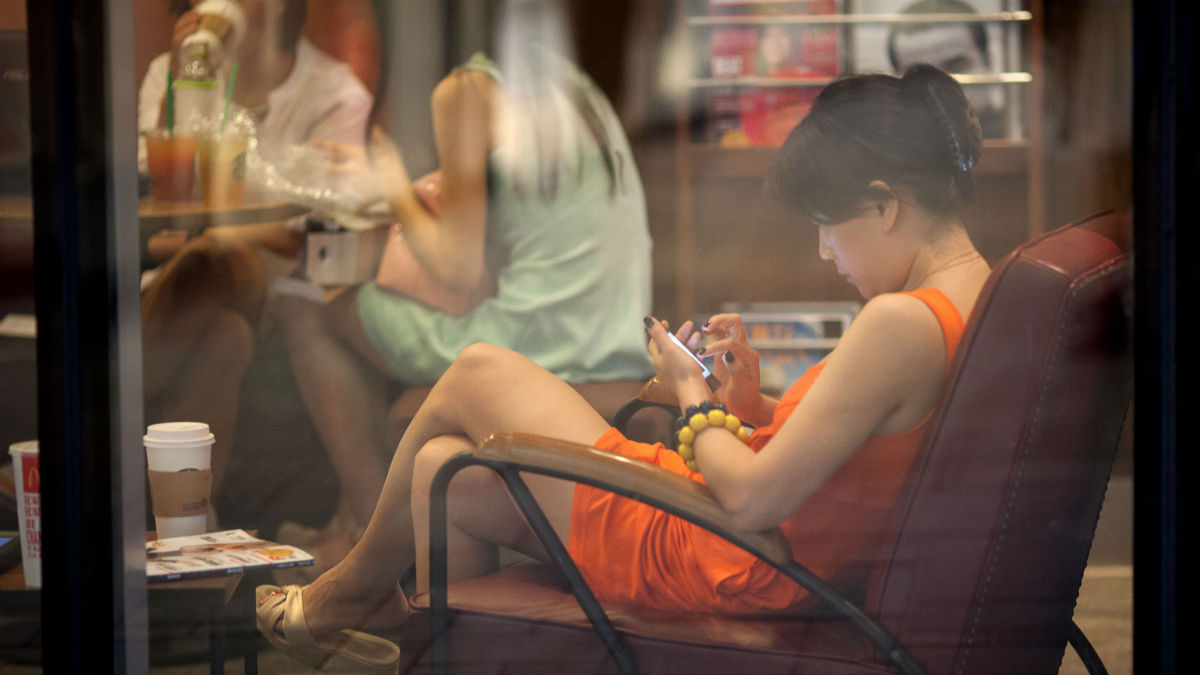
A free daily email with the biggest news stories of the day – and the best features from TheWeek.com
You are now subscribed
Your newsletter sign-up was successful
Tinder users have lower self-esteem than non-users, according to a study by psychologists.
Researchers at the University of North Texas asked 1,044 women and 273 men about their use of the dating app. They were also asked questions about their body image, perceived objectification and psychological wellbeing.
The findings showed that Tinder users are less satisfied with their bodies and appearance, the BBC reports.
The Week
Escape your echo chamber. Get the facts behind the news, plus analysis from multiple perspectives.

Sign up for The Week's Free Newsletters
From our morning news briefing to a weekly Good News Newsletter, get the best of The Week delivered directly to your inbox.
From our morning news briefing to a weekly Good News Newsletter, get the best of The Week delivered directly to your inbox.
Dr Jessica Strubel, who co-led the research, said the popular app, which involves "swiping" right or left on photo-based profiles to select or reject possible dates, leaves users feeling "depersonalised and disposable".
Regular use of the "surreal" app is "associated with body dissatisfaction, body shame, body monitoring, internalisation of societal expectations of beauty [and] comparing oneself physically to others", she added.
Co-author Trent Petrie said this affects both genders. "The negative effects that women have been experiencing pretty consistently for 40, 50 years, men might be now experiencing," he said.
Psychologist Helga Dittmar, of the University of Sussex, said: "We already have heavily rising mental health problems related to body image and appearance, and appeal to the opposite sex. It's a downward spiral."
A free daily email with the biggest news stories of the day – and the best features from TheWeek.com
However, The Guardian says some experts have warned that the sample size of the study is tiny compared to the recent estimate of 50 million Tinder users. The researcher also does not address whether people with negative self-perceptions are disproportionately drawn to the app, or if use of the app itself drives down their self-esteem.
-
 Properties of the week: pretty thatched cottages
Properties of the week: pretty thatched cottagesThe Week Recommends Featuring homes in West Sussex, Dorset and Suffolk
-
 The week’s best photos
The week’s best photosIn Pictures An explosive meal, a carnival of joy, and more
-
 The ‘ravenous’ demand for Cornish minerals
The ‘ravenous’ demand for Cornish mineralsUnder the Radar Growing need for critical minerals to power tech has intensified ‘appetite’ for lithium, which could be a ‘huge boon’ for local economy
-
 Will AI kill the smartphone?
Will AI kill the smartphone?In The Spotlight OpenAI and Meta want to unseat the ‘Lennon and McCartney’ of the gadget era
-
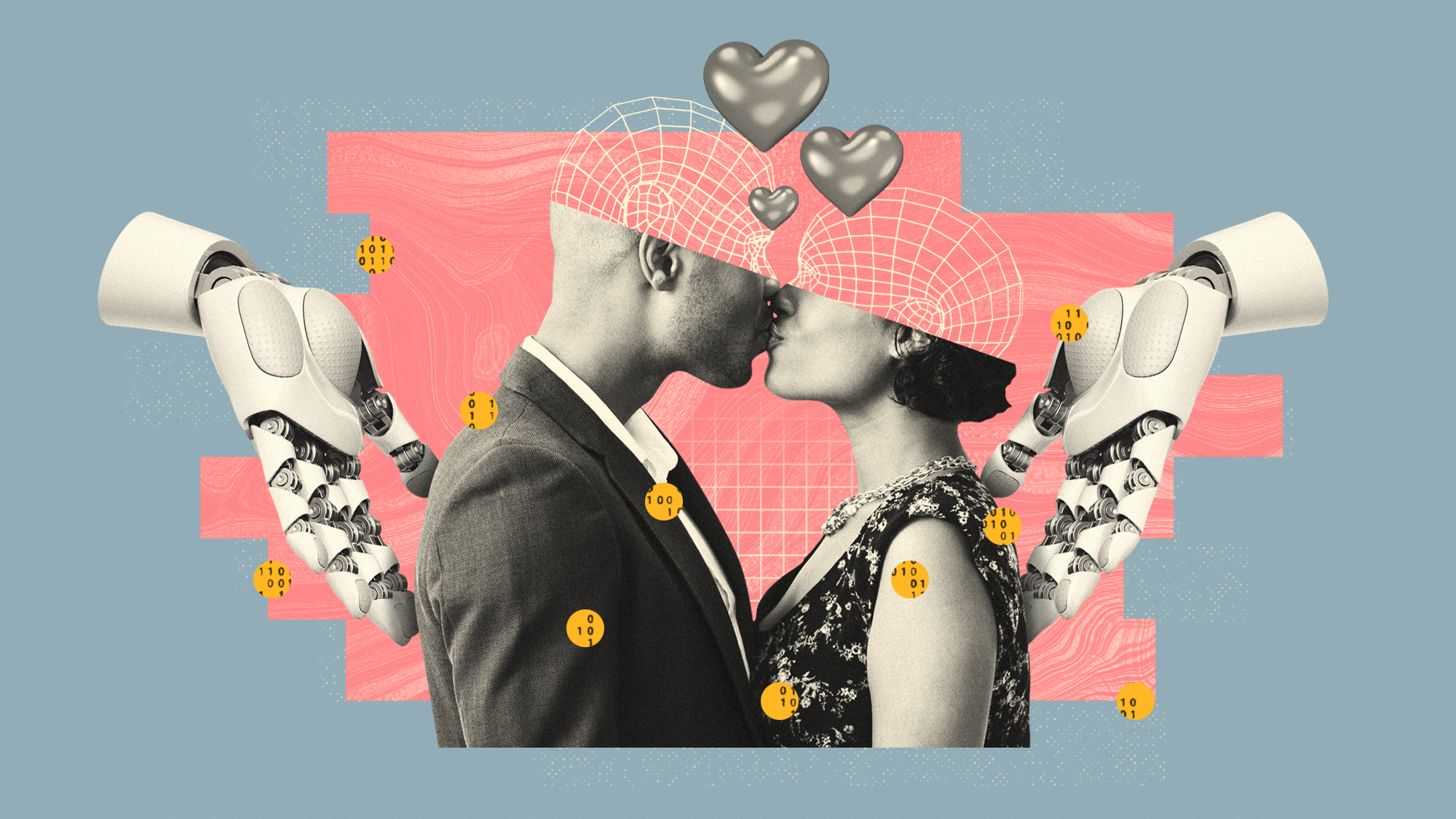 Decline of dating apps: will AI be our knight in shining armour?
Decline of dating apps: will AI be our knight in shining armour?In The Spotlight New features have raised concerns about privacy and manipulation
-
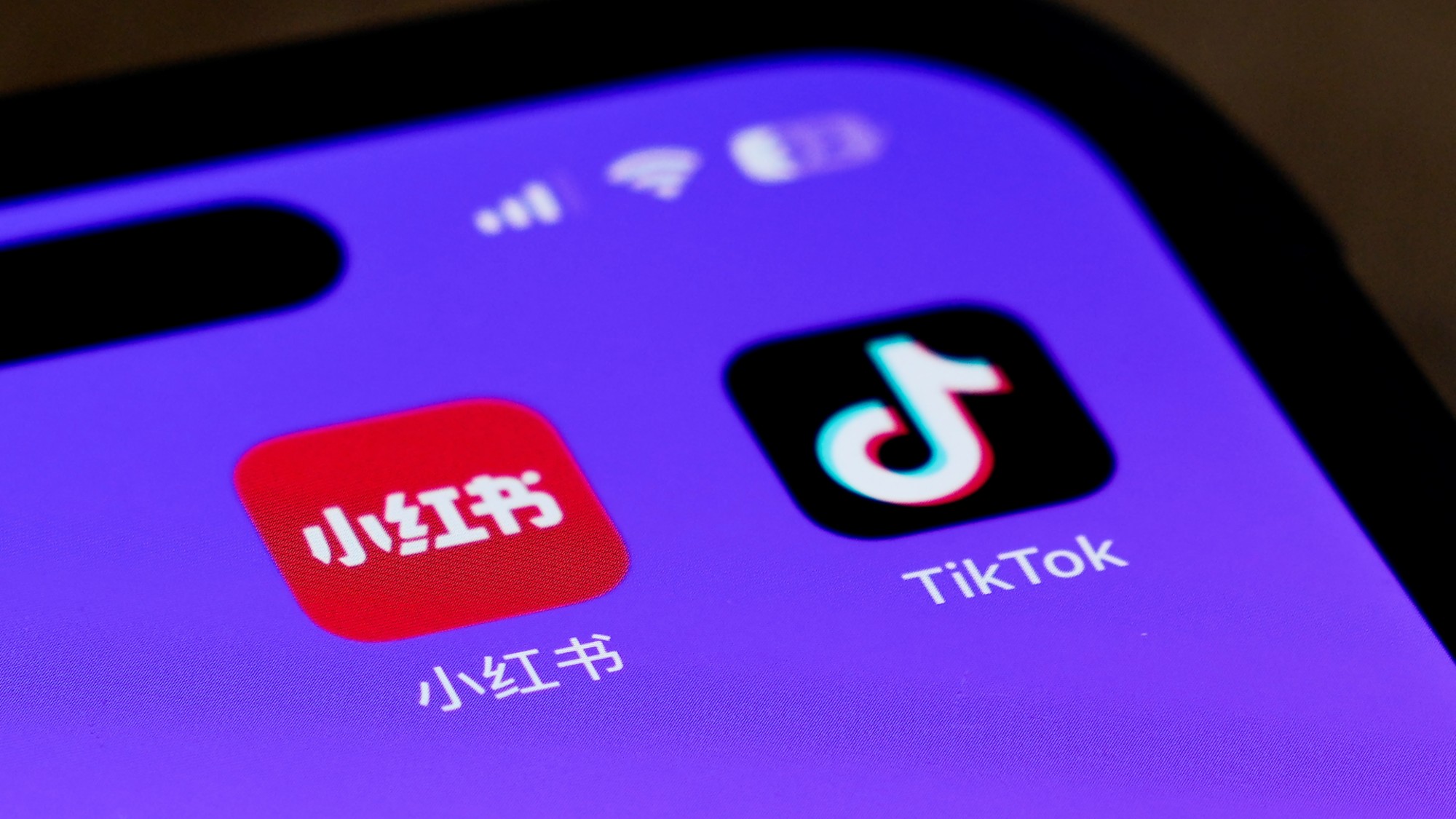 TikTok alternatives surge in popularity as app ban looms
TikTok alternatives surge in popularity as app ban loomsThe Explainer TikTok might be prohibited from app stores in the United States
-
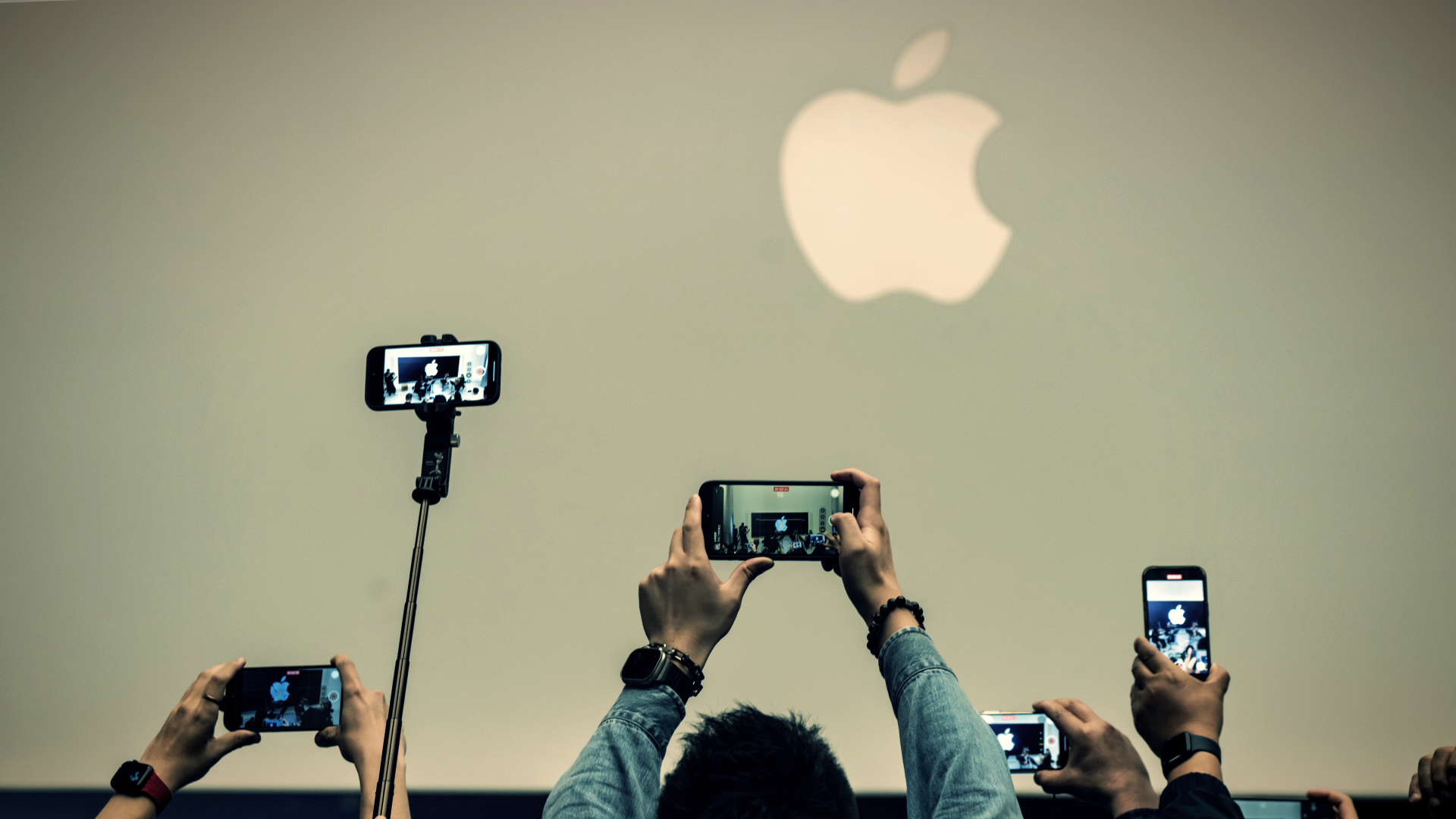 Justice Department bites Apple with iPhone suit
Justice Department bites Apple with iPhone suitSpeed Read The lawsuit alleges that the tech company monopolized the smartphone industry
-
 Phubbing: a marriage-wrecking habit?
Phubbing: a marriage-wrecking habit?Talking Point New study says couples are avoiding talking to each other by looking at their phones - but was it ever thus?
-
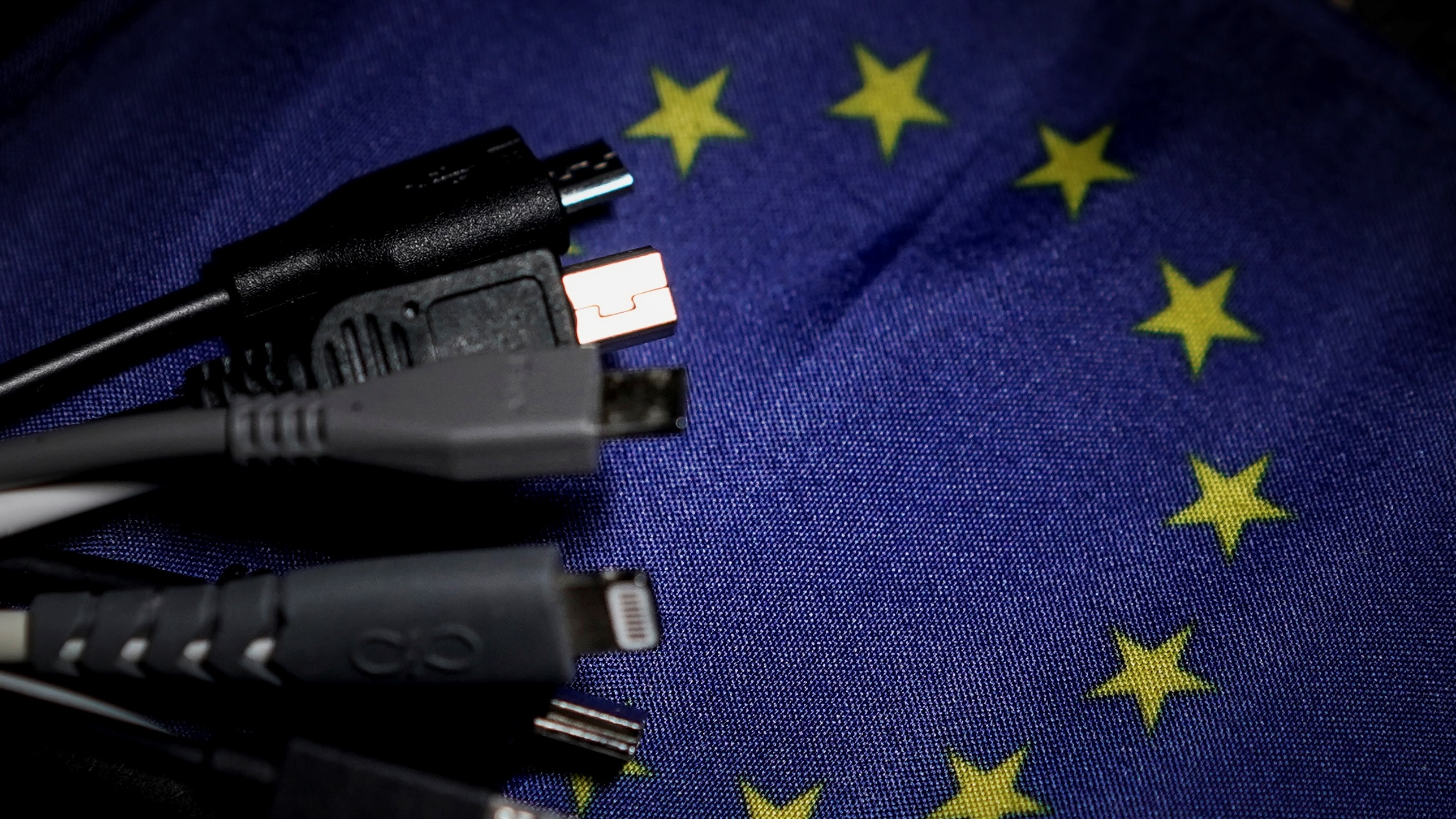 The arguments for and against universal chargers
The arguments for and against universal chargersPros and Cons European Commission pushing to establish USB-C as standard for all phones
-
 How cybercriminals are hacking into the heart of the US economy
How cybercriminals are hacking into the heart of the US economySpeed Read Ransomware attacks have become a global epidemic, with more than $18.6bn paid in ransoms in 2020
-
 Language-learning apps speak the right lingo for UK subscribers
Language-learning apps speak the right lingo for UK subscribersSpeed Read Locked-down Brits turn to online lessons as a new hobby and way to upskill